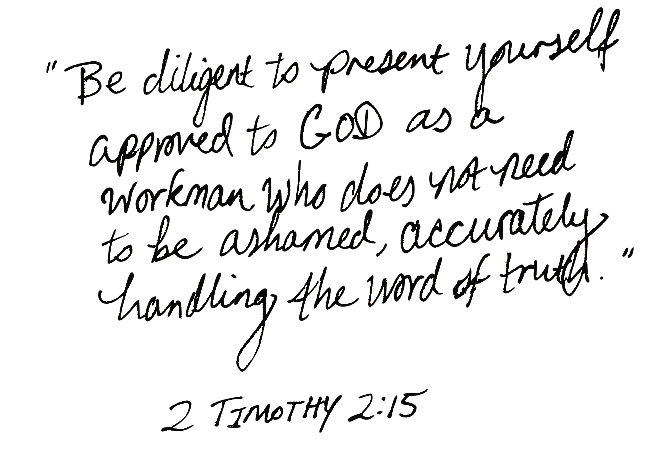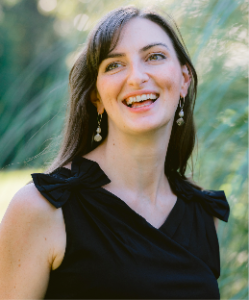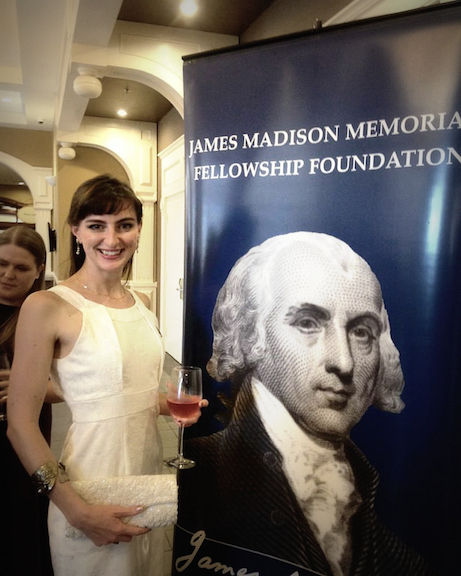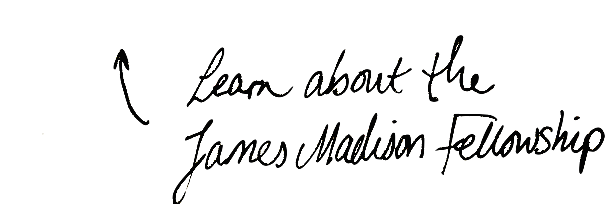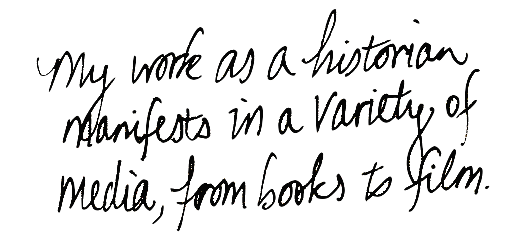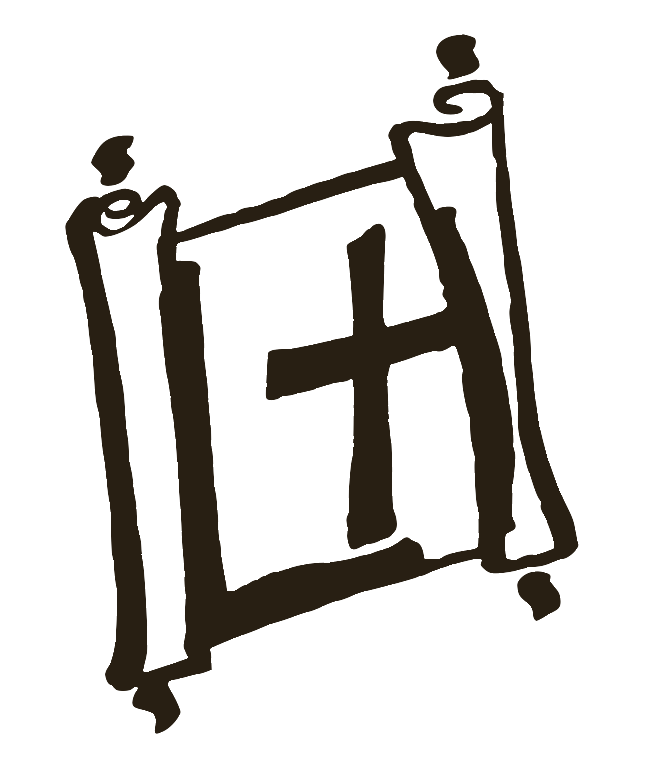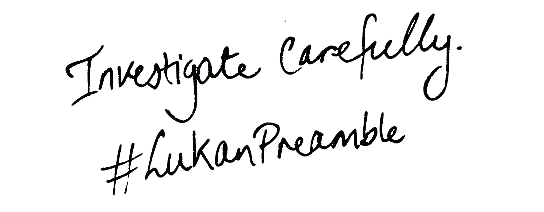Last fall, musician Nick Jonas talked to Wendy Williams about his previously chaste lifestyle:
I think that, you know, [the purity ring] was an important part of my childhood, and it was that. And I think as I grew up and sort of figured out what was important to me and my own belief system – which, we all grow up, we all live life, and find out what’s important to us. That’s what happened. I went on that journey myself, and I’m now comfortable with who I am and what I believe in, and I’m an adult…
…Am I still a virgin? No. As I said, I’m an adult in all ways, and I’m comfortable with who I am.
In a radio interview Jonas, a former pastor’s son who rose to fame as the youngest member of the Jonas Brothers band, said he feels that he “lived in fear in the Brothers set up, you know, so concerned to not uphold, you know, a certain image or travel, you know, a certain way that people wanted us to, and different things.”
Perhaps the publicizing of virginity contributed to the de-sanctification of sexuality in the eyes of Jonas and others like him. Purity became no longer the powerful act of “taking every thought captive,” (II Corinthians 10:5) but the draining act of appeasing a crowd.
Yet while it is traditionally understood that maturity means growing out of a selfish lack of restraint on our tempers and appetites in order to become disciplined, today “adult” is synonymous with the profane. Being adult in the 21st century West is somehow supposed to liberate a person from all standards that their human free will simply doesn’t like, which ultimately ends in a form of bondage.
It is a mindset that has implications and consequences beyond one’s self. In a seminar I attended in the summer of 2012, Dr. Donald Prudlo, Associate Professor of Ancient and Medieval History at Jacksonville State University (a former professor of mine) observed that the radical individualism that emerged from Enlightenment philosophy strips away moral tradition and leaves humanity nakedly exposed and vulnerable before the state. If there is no acknowledgement of the higher power of God, what is there to reasonably limit the compulsion of individuals by human institutions?
“Liberty is not the power of doing what we like,” Lord Acton once articulated, “but the right of being able to do what we ought.”
“Rejoice, young man, during your childhood, and let your heart be pleasant during the days of your young manhood,” challenged King Solomon. “Yet know that God will bring you to judgment for all these things.” (Ecclesiastes 11:9)
Perhaps without realizing it, even Jonas’ art echoes a simple and justifiable call for wholeness that is the root of chastity:
I wish you didn’t have to post it all / I wish you’d save a little bit just for me
(Lyrics from Jonas’ song “Jealous,” written about and featuring his girlfriend, Miss Universe 2012 of Rhode Island, Olivia Culpo.)
For a deeper read into misconceptions about purity, take a look at Phylicia Delta Masonheimer’s article, “The Purity Ring is Not the Problem.”



